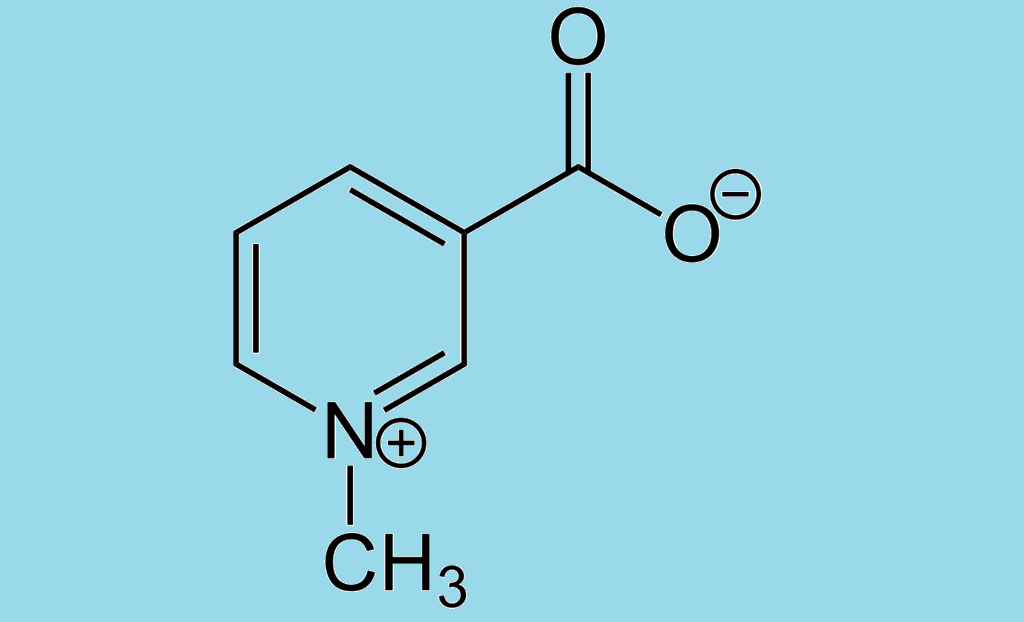The vegetable alkaloid trigonellina improves cognitive functions, as suggested by a study that in recent years has explored natural compounds with functional properties to enhance brain activity associated with aging. An analysis that has become a research priority, precisely to guarantee a healthy decline.
Researchers from the University of Tsukuba therefore analyzed the effects of trigonelline – an alkaloid compound present naturally in various plants, including coffee beans, fenugreek and Japanese radish – on memory and spatial learning in a mouse model of accelerated aging
Cognitive aging refers to age-related impairments in cognitive function, including slowed problem solving, reduced fluid reasoning, decreased perceptual speed, and impaired memory and spatial ability. Cognitive impairment is estimated to affect more than 11.7% of adults aged 65 and older, with the prevalence rising to approximately 40% among seniors aged 80 and older.
According to the WHO, by 2040 neurodegenerative disorders will be the second leading cause of natural mortality. Increasing life expectancy worldwide, particularly in advanced countries, contributes to a substantial increase in the global incidence of cognitive impairment.
Cognitive aging has a significant impact on the quality of life of older adults, puts a strain on healthcare providers and systems, and imposes a significant economic burden on families and society as a whole. It is therefore imperative to take proactive measures to support the brain health of older adults and promote healthy aging on a larger scale.
***
“Trigonelline has been extensively studied for its numerous biological activities, including antimicrobial, antitumor, antidiabetic, antihypertensive, and antihyperlipidemic effects.“. The professor declared Hiroko Isoda e colleagues from the University of Tsukuba. “Notably, previous studies have also reported that trigonelline promotes the regeneration of dendrites and axons in cortical neurons and inhibits the formation of advanced glycation end products in vitro, and improves learning and memory impairment in in vivo models of Alzheimer’s disease and neuroinflammation”. It’s still. “However, the effects of trigonelline on age-related cognitive decline and the underlying molecular mechanisms have yet to be thoroughly studied.”
In their study, the authors analyzed the effects of trigonelline on memory and learning. spatial from both cognitive and molecular biology perspectives in an integrated manner, using a senescence-accelerated prone 8 (SAMP8) mouse model.
Following oral administration of trigonelline to SAMP8 mice for 30 days, the maze test. Morris aquarium showed significant improvement in spatial learning and memory performance compared to SAMP8 mice that did not receive trigonelline.
Next, the researchers performed a genome-wide transcriptomic analysis of the hippocampus to explore the underlying molecular mechanisms
They discovered that signaling pathways related to the development of the nervous system,. mitochondrial function, ATP synthesis, inflammation, autophagy, and neurotransmitter release were significantly modulated in the trigonelline group.
Furthermore, the scientists found that trigonelline suppressed neuroinflammation. negatively regulating Traf6 signaling factor-mediated activation of the transcription factor NF-κB.
Furthermore, quantitative protein analysis confirmed the levels of inflammatory cytokines. TNF-α and IL-6 significantly decreased, and levels of the neurotransmitters dopamine, norepinephrine, and serotonin significantly increased in the hippocampus. “Our integrated bio-cognitive approach highlights the potential of trigonelline in alleviating age-related memory and spatial disorders”the authors conclude.
The research is described in an article published in the journal GeroScience.
